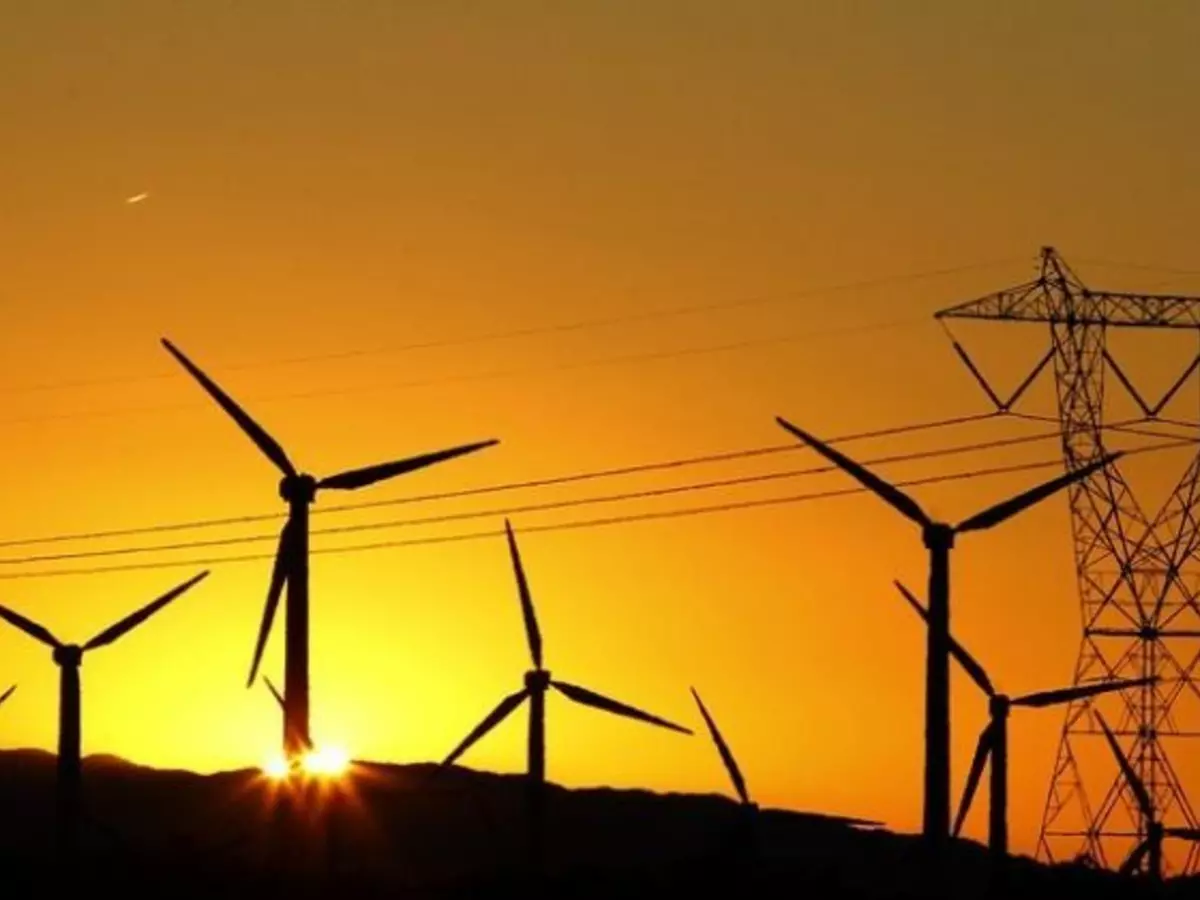This Fusion Reactor Can Provide World With Limitless Clean Energy Using Only Hydrogen By 2025
Apart from solar, wind and water, fusion power is another revolutionary power generation technology that can potentially provide us with limitless amount of clean energy by just using hydrogen. Homes can be powered by as early as 2025.

Apart from solar, wind, water and nuclear fission, humanity's almost at the cusp of unlocking a revolutionary new way of generating limitless power without any impact to the environment.

ITER fusion power experiment / REUTERS
It only need hydrogen to generate energy just like our sun does. Sounds impossible, right? Better start believing the amazing possibilities of fusion reactors, as it may very well power our homes in just over 20 years.
All thanks to the monumental efforts of scientists from 35 nations that are contributing to the International Thermonuclear Experimental Reactor (ITER) currently being built at Saint-Paul-les-Durance in southern France. And according to the geniuses hard at work at ITER, fusion power could be an energy source to our homes in just over 20 years -- if everything goes to plan.
Unlike a nuclear reactor which splits uranium atoms, a fusion reactor combines hydrogen atoms to release massive amounts of energy.
The same nuclear fusion process fuels our sun, where hydrogen atoms fuse together to form helium, and the process releases all the energy on the sun. No doubt, ITER is described as "the most complex science project in human history."

ITER can help us unlock limitless energy
When the fusion reactor will finish and be operational, hydrogen plasma is expected to be heated to 150,000,000 degree celsius (or temperature 10 times hotter than the centre of the sun) to kickstart the fusion reaction.
While the fusion reactor is 50% complete right now, ¡°first plasma¡± or a cloud of electrically charged gas as hot as the sun is expected to be generated at the core of the machine only by December 2025.
While the EU pays 45% of ITER's building cost, China, India, Japan, Korea, Russia and the US each contribute 9% equally. Great to see the world's best minds trying to solve one of humanity's biggest needs.
